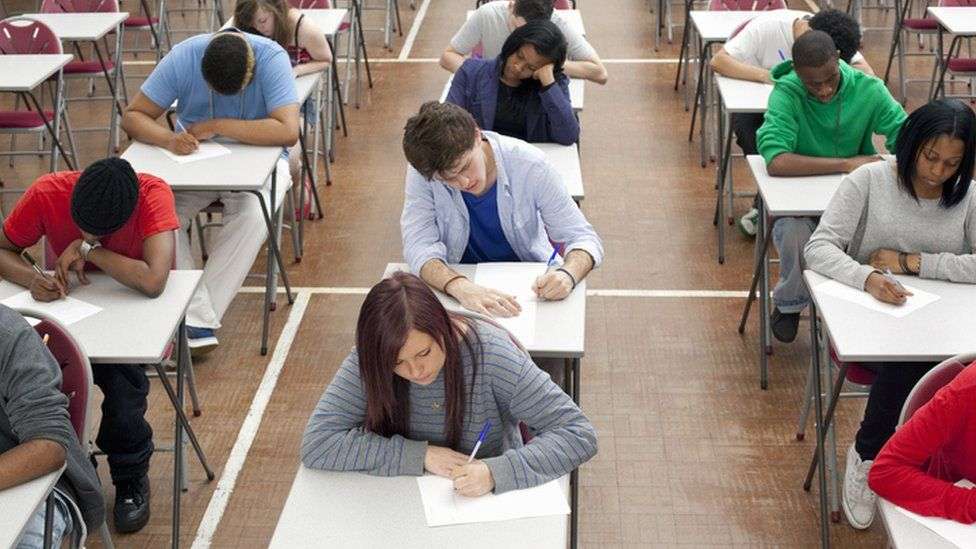In recent years, a significant shift has been observed in the A-level subject choices of students across England.
Humanities and arts subjects have seen a steady decline in favor, as students increasingly opt for a narrower range of science-based subjects.
This trend, which traces its origins back to reforms introduced by the previous government a decade ago, has sparked concerns among educational experts.
These reforms, championed by former education secretary Michael Gove, brought about a significant overhaul of the A-level system.
The changes, implemented in 2015-16, separated A-level courses from AS-level exams, effectively reducing the breadth of subjects students could study.
A new report by the British Academy, in collaboration with the National Foundation for Education Research (NFER), highlights the consequences of these changes.
The report indicates that the shift has led to a marked decrease in the number of students who combine humanities subjects like English or music with sciences or mathematics.
Molly Morgan Jones, the director of policy at the British Academy, expressed concern over the trend, stating, “Failure to address this decline will have knock-on effects, not only for these subjects in UK universities but also on the skills young people take out into the workforce and the wider world.”
Jones emphasized that the strain on higher education and research is disproportionately affecting the humanities and arts, with many departments facing closures.
She underscored the importance of maintaining a balanced curriculum that fosters both breadth and depth, warning against future reforms that might further erode this balance.
Before the changes in 2015-16, it was common for students to take four A-level courses, including AS-level exams after the first year of study.
However, Gove’s reforms eliminated the AS-level component, replacing it with a single set of A-level exams to be taken after two years.
Science Subjects Overtake Arts in A-Levels
According to the British Academy’s study, this reform coincided with students opting for fewer courses, making them less likely to mix arts or humanities subjects with science, technology, engineering, and maths (STEM) or social sciences.
The data reveals a stark decline in the number of students engaging with humanities subjects. Prior to the reforms, more than half of all students were consistently studying at least one humanities subject.
By the 2021-22 academic year, however, this figure had plummeted to just 38%. The decline was even more pronounced in arts subjects such as music, design, and media studies, where participation dropped to 24% in the same period.
The report also highlights a broader trend towards specialization. Two decades ago, it was rare for students to exclusively study subjects within a single major category.
However, following the 2015-16 changes, the proportion of students focusing solely on STEM courses has risen significantly.
In 2014-15, only 7% of students were taking exclusively STEM subjects; by 2021-22, this figure had doubled to 14%. Meanwhile, the proportion of students studying only humanities has remained static at 4%.

Michael Scott, the NFER’s senior economist and lead author of the report, noted, “Young people are studying a narrower range of subjects, which is probably due, at least in part, to reforms introduced over the last two decades.”
Responding to these concerns, a spokesperson for the Department for Education stated that the ongoing curriculum and assessment review aims to overhaul the existing system.
“The renewed curriculum will ensure young people get the opportunity to access a broad and balanced curriculum, as well as crucial work and life skills, providing the foundation to succeed in both the workplace and throughout their lives.”
Spokesperson
The Liberal Democrats have criticized the previous Conservative government for what they describe as a legacy of “crumbling classrooms,” with their education spokesperson, Munira Wilson, calling for urgent support for the thousands of students affected by years of educational disruption.
READ ALSO: Stonebwoy Set To Ignite Telecel Turnup At UNER Campus























